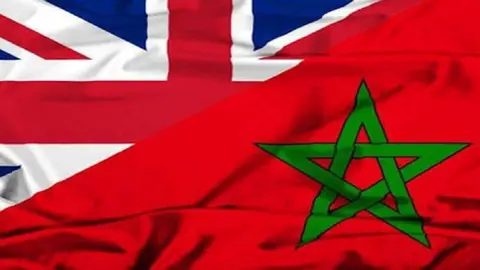European courts on the Sahara

The Court of Appeal in London has irrevocably dismissed the appeal lodged by the NGO WSC, a supporter of the positions of the Polisario Front, against the previous decision of the Administrative Court which rejected the claim to challenge the association agreement between Morocco and the United Kingdom.
This British court decision is in itself of great significance because it allows trade agreements between Morocco and the UK to include products coming from and originating in the Sahara. The judges have given their verdicts taking into account all the facts and circumstances and have created a relevant precedent. The question now is whether or not the Court of the European Union, which is in the process of issuing its verdict on a similar issue following the appeal lodged by the EU itself, should admit or not that products from and originating in the Sahara should be included in the agreements between Morocco and the European Union, specifically in the fisheries sector, and that the British Court's decision on a similar issue should be taken as a reference point.
Of course, overriding any assessment is respect for the independence of the judges in each court and the corresponding jurisprudence that may have some influence on decision-making. It is also true that on too many occasions we hear different judges being positioned as conservative or progressive and, also on too many occasions, acting according to their partisan or ideological interests. We are seeing this at the moment in the Spanish Constitutional Court or we are experiencing it with the Spanish judge Luis López Guerra in the European Court of Human Rights. The European Court's decision on the Morocco-EU agreements will be of particular significance and we will see if the legal considerations of their British colleagues have any influence.
In any case, the UK outside the EU already has the judicial backing to develop trade agreements worth more than 3 billion euros and the relationship with Morocco as a very important political and economic partner in North Africa, since it is also a gateway to the African continent's market and offers legal guarantees and stability that foster a good business and investment climate. For Rabat, the British decision represents a new political triumph for Morocco in its strategy of broad international recognition to negotiate in the United Nations its proposal for broad autonomy under its sovereignty for the Sahara, which is aimed at reinforcing Moroccan territorial integrity and boosting the area surrounding the Sahrawi territory to promote regional development in various fields such as the economic, infrastructure and social spheres.
The reality beyond the selfish positions of those who refuse to negotiate viable and reasonable solutions to a conflict that has lasted more than 47 years and which has kept thousands of human beings living in subhuman conditions in the Tindouf refugee camps in Algeria is that the best formula for providing a good present and a better future for all Saharawis is the economic and social development of the Sahara through agreements such as those signed by Morocco with the United Kingdom and the European Union, with very satisfactory results.
The British courts are backing with their now irrevocable decisions the legality and viability of agreements that offer good opportunities to the Saharawis. We will see whether the members of the EU's General Court take into account the criteria of their British colleagues, although they have their own autonomy and independence, of course.


